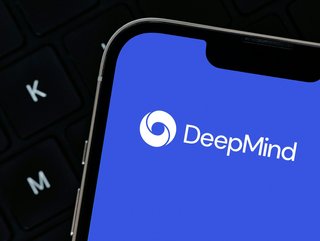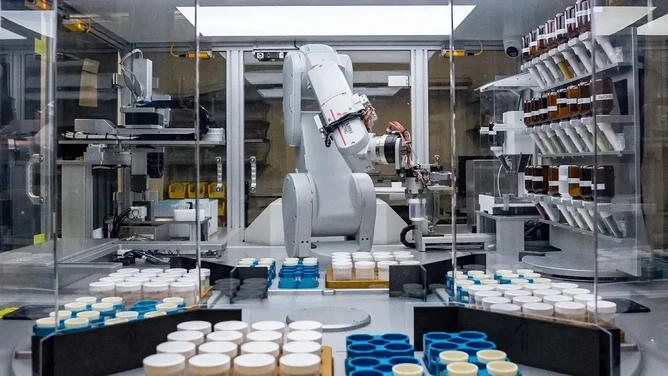Google DeepMind launches deep learning tool: GNoME

Google DeepMind is starting to unlock greater AI potential via its new deep learning tool, Graph Networks for Materials Exploration (GNoME), that is working to speed up discovery through prediction.
GNoME aims to increase both the speed and efficiency of discovery by predicting the stability of new materials. It is a state-of-the-art graph neural network (GNN) model and uses what Google DeepMind calls ‘active learning’ to enhance its performance, allowing it to predict the stability of new materials.
The tool highlights the possible promise of AI in large-scale discoveries, as well as predicting the structures of novel and stable crystals.
Enhancing global deep learning solutions
Deep learning is a method of artificial intelligence (AI) where it is taught to process data in a way that is inspired by a human computer.
The technology of GNoME has already been used to predict structures for 2.2 million new materials, according to MIT Technology Review, of which more than 700 have now been created in the lab and are being tested.
As a result, Google DeepMind made its predictions available to researchers last week (November 2023). It has stated that it will be contributing 380,000 materials that it has predicted to be stable to the Materials Project. This project is now processing the compounds and including them on its online database.
These materials could be useful for making products ranging from batteries to superconductors. Ultimately, the goal is that these resources will drive forward research into inorganic crystals and showcase new use cases for machine learning tools as a guide for experimentation within technology sectors.
“With GNoME, we’ve multiplied the number of technologically viable materials known to humanity. Of its 2.2 million predictions, 380,000 are the most stable, making them promising candidates for experimental synthesis,” the company states in their announcement.
“Among these candidates are materials that have the potential to develop future transformative technologies ranging from superconductors, powering supercomputers, and next-generation batteries to boost the efficiency of electric vehicles.”

Improving discovery rate, revolutionising materials
In order to develop GNoME, Google DeepMind used a training process called ‘active learning’ that boosted its performance. GNoME can generate predictions for the structures of novel, stable crystals which were then tested, resulting in high-quality training data fed back into model training.
The company’s research ultimately boosted the discovery rate of materials stability prediction from roughly 50% to 80%. In addition, Google DeepMind scaled up model efficiency by improving the discovery rate from less than 10% to 80%, highlighting how increased speed could impact how much compute is required per discovery.
This news comes after the huge success of Google DeepMind’s AlphaFold which is used to predict the structure of proteins, in efforts to advance global healthcare solutions. Hailed as a scientific breakthrough, the company has changed the way that this type of science operates, enabling researchers to analyse data in a shorter amount of time.
Improving discoveries within the technology sector holds great potential to have a revolutionary impact on humanity. Enterprises using trained AI models to improve services and extend the impact of AI can hope to lead to more discoveries, delivering better results for people and products.
The company adds: “Our research – and that of collaborators at the Berkeley Lab, Google Research, and teams around the world — shows the potential to use AI to guide materials discovery, experimentation, and synthesis.
“We hope that GNoME together with other AI tools can help revolutionise materials discovery today and shape the future of the field.”
Pushmeet Kohli, Vice-President of Research at Google DeepMind, told WIRED that GNoME has been released purely for academic purposes at present, with enterprise use cases being reviewed on a case-by-case basis.
******
For more insights into the world of AI - check out the latest edition of AI Magazine and be sure to follow us on LinkedIn & Twitter.
Other magazines that may be of interest -Technology Magazine | Cyber Magazine.
Please also check out our upcoming event - Sustainability LIVE Net Zero on 6 and 7 March 2024.
******
BizClik is a global provider of B2B digital media platforms that cover Executive Communities for CEOs, CFOs, CMOs, Sustainability leaders, Procurement & Supply Chain leaders, Technology & AI leaders, Cyber leaders, FinTech & InsurTech leaders as well as covering industries such as Manufacturing, Mining, Energy, EV, Construction, Healthcare and Food.
BizClik – based in London, Dubai, and New York – offers services such as content creation, advertising & sponsorship solutions, webinars & events.






